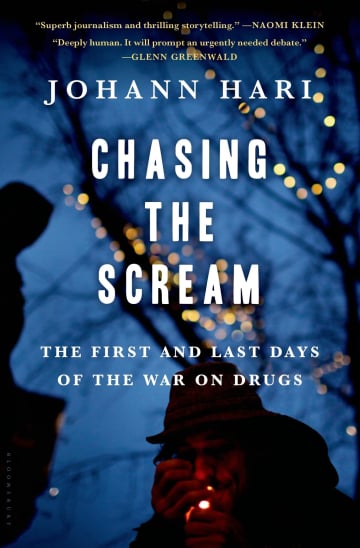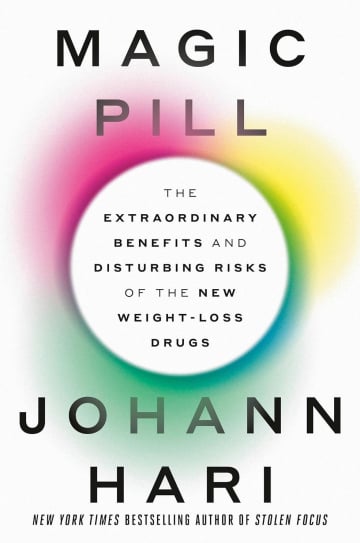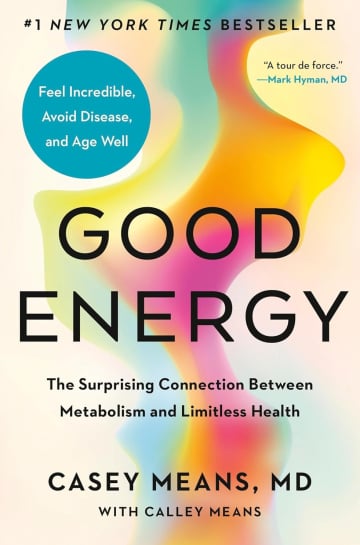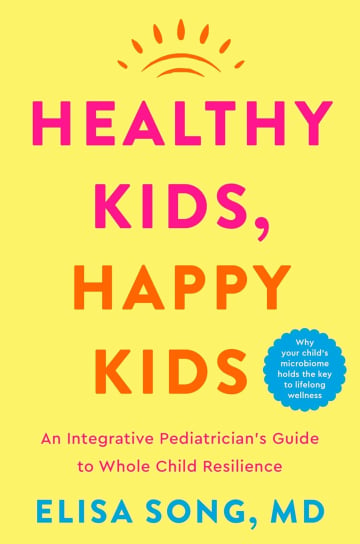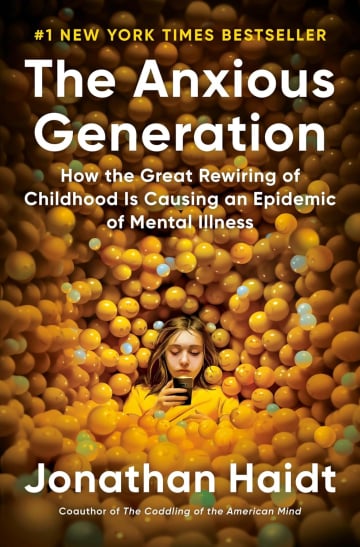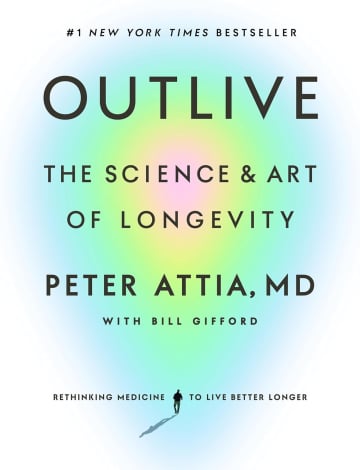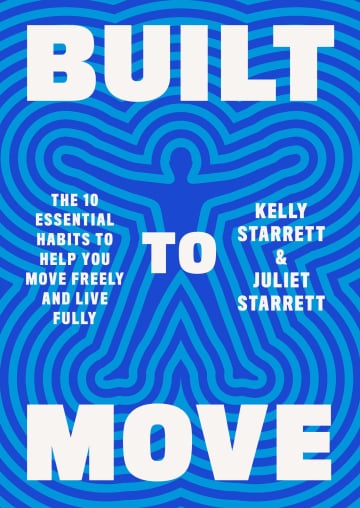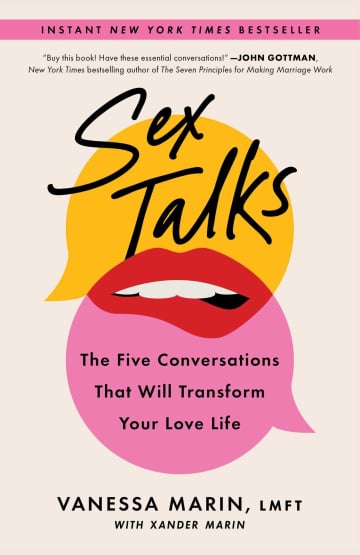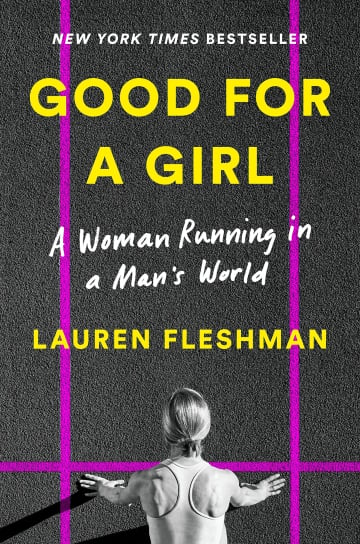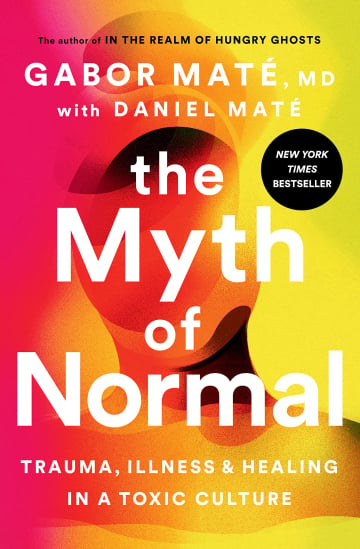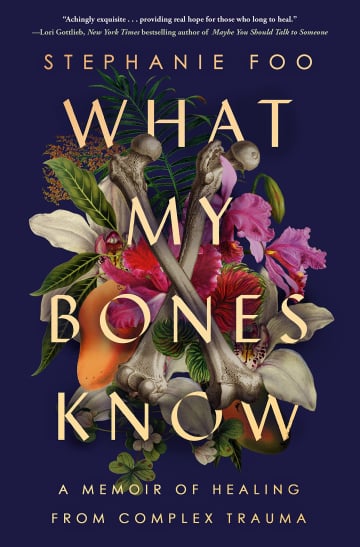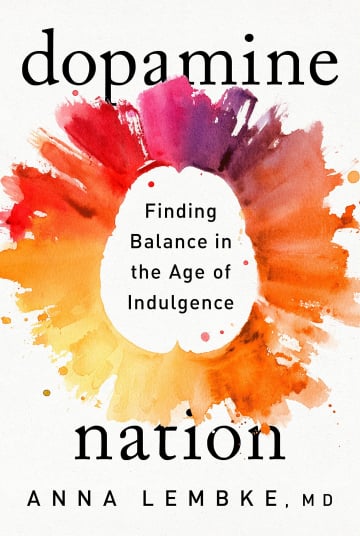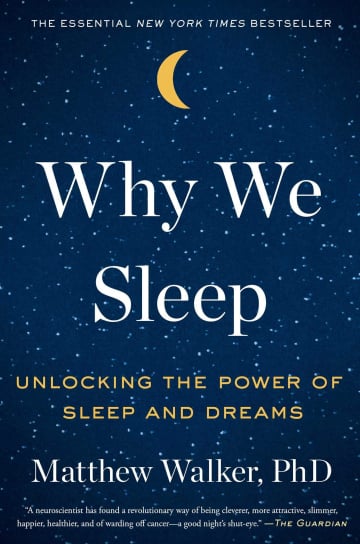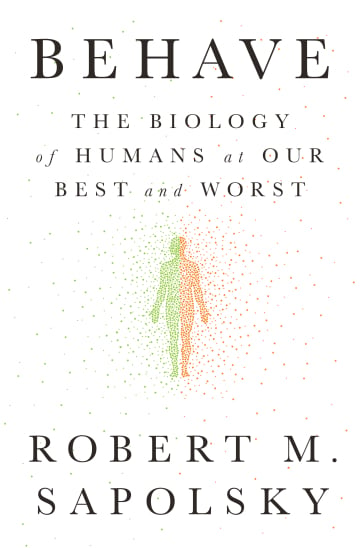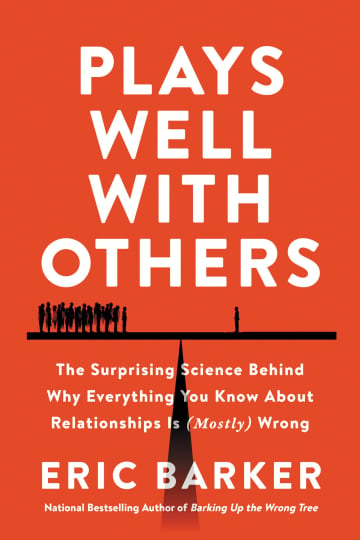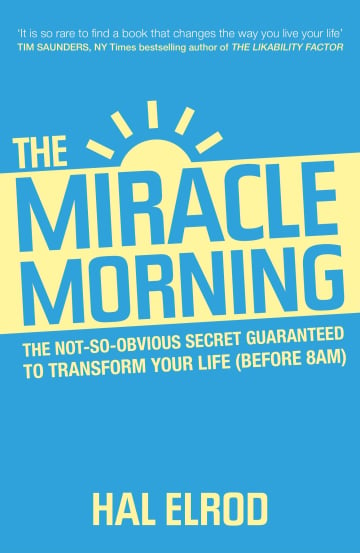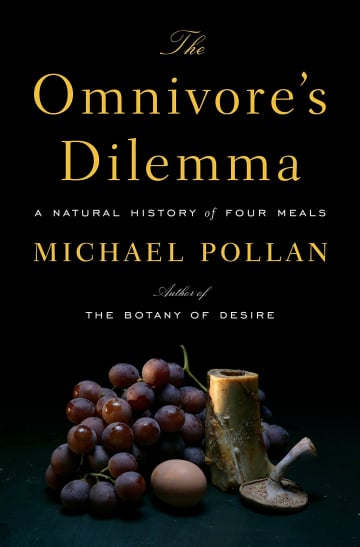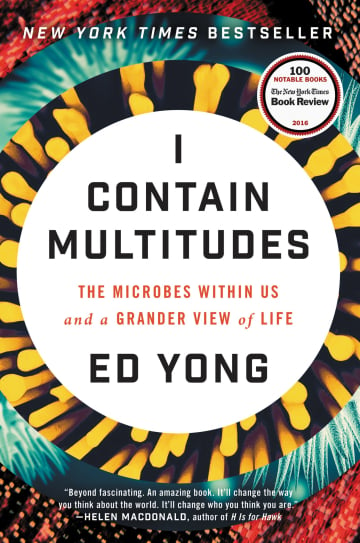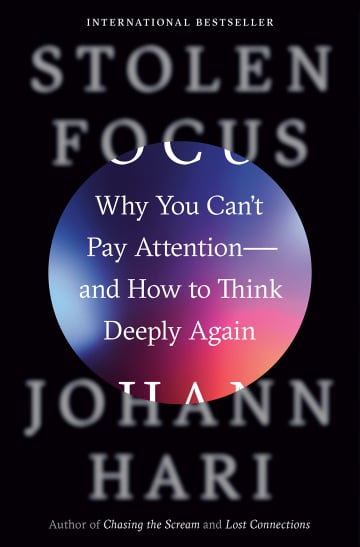
Stolen Focus: Why You Can't Pay Attention--and How to Think Deeply Again
⚡️ 11 Quotes from the book
“Democracy requires the ability of a population to pay attention long enough to identify real problems, distinguish them from fantasies, come up with solutions, and hold their leaders accountable if they fail to deliver them.”
“So if you spend your time switching a lot, then the evidence suggests you will be slower, you’ll make more mistakes, you’ll be less creative, and you’ll remember less of what you do.”
“So, to find flow, you need to choose one single goal; make sure your goal is meaningful to you; and try to push yourself to the edge of your abilities.”
“We live in a culture that is constantly amping us up with stress and stimulation.”
“Take care what technologies you use, because your consciousness will, over time, come to be shaped like those technologies.”
“It’s not your fault you can’t focus. It’s by design. Your distraction is their fuel.”
“The algorithm they actually use varies all the time, but it has one key driving principle that is consistent. It shows you things that will keep you looking at your screen.”
“She believed she had uncovered a key truth about focus: To pay attention in normal ways, you need to feel safe.”
“If we continue to be a society of people who are severely under-slept and overworked; who switch tasks every three minutes; who are tracked and monitored by social-media sites designed to figure out our weaknesses and manipulate them to make us scroll and scroll and scroll; who are so stressed that we become hypervigilant; who eat diets that cause our energy to spike and crash; who are breathing in a chemical soup of brain-inflaming toxins every day—then, yes, we will continue to be a society with serious attention problems.”
“I suspect that, in the long run, it will ultimately not be possible to rescue attention and focus in a world that is dominated by the belief that we need to keep growing and speeding up every year. I can’t tell you I have all the answers to how we do that—but I believe that if an Attention Rebellion begins, we will, sooner or later, have to take on this very deep issue: the growth machine itself.”
“At the start of the Second World War, the English poet W. H. Auden—when he looked out over the new technologies of destruction that had been created by humans—warned: “We must love one another, or die.” I believe that now we must focus together—or face the fires alone.”
Related videos
Follow the author

Johann Eduard Hari is a Scottish writer and journalist, known for authoring three New York Times best-selling books. He is the Executive Producer of an Oscar-nominated film and an eight-part TV series starring Samuel L. Jackson. Hari has written for leading newspapers and magazines. He has twice been named National Newspaper Journalist of the Year by Amnesty International and has received awards for Cultural Commentator of the Year and Environmental Commentator of the Year at the Comment Awards.
Publications
The Washington Post: Our attention spans are suffering. Maybe there’s a way to get them back.
The New York Times: Why Can’t We Pay Attention Anymore?
TLS UK: Scan and shift. Making a claim for a crisis of attention
Ask Albert:
Rate the book
⚡️ Discover Even More Bookish Wisdom
recommends
recommends
